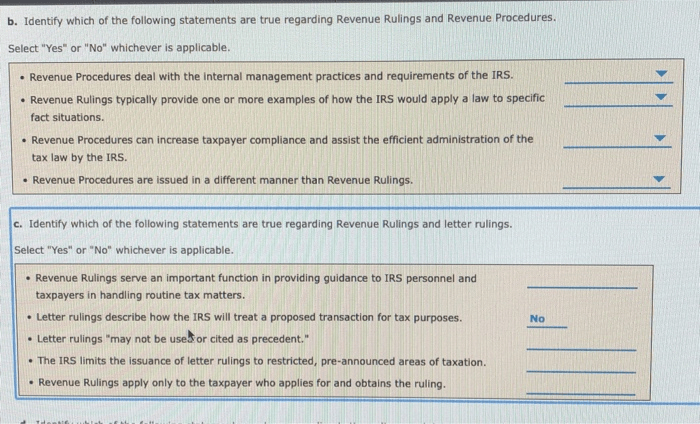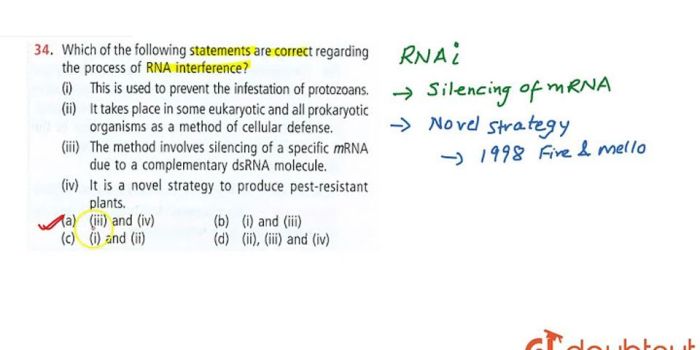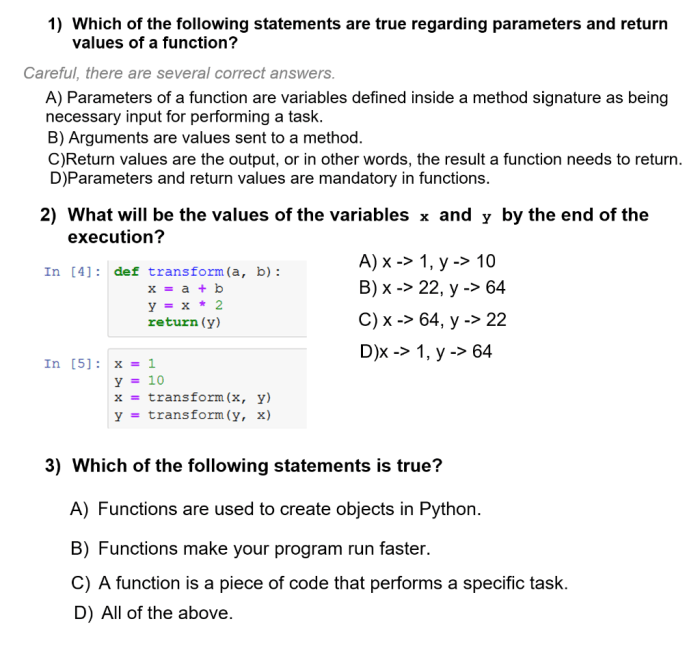Which of the following statements are true regarding electric generators? This question delves into the intricacies of electrical power generation, exploring the fundamental principles and applications of these indispensable devices. From understanding the different types of generators and their components to examining the factors that influence their output, this discussion aims to provide a comprehensive overview of the world of electric generators.
Electric generators play a vital role in modern society, providing a reliable source of electricity for homes, businesses, and industries. They convert mechanical energy into electrical energy through the principles of electromagnetic induction, enabling us to power our lives with a wide range of electronic devices and systems.
Overview of Electric Generators

Electric generators are devices that convert mechanical energy into electrical energy. They are based on the principle of electromagnetic induction, which states that when a conductor is moved through a magnetic field, an electromotive force (EMF) is induced in the conductor.
This EMF can then be used to generate an electric current.There are many different types of electric generators, each with its own advantages and disadvantages. The most common type of electric generator is the synchronous generator, which is used in power plants to generate electricity for the grid.
Other types of electric generators include induction generators, DC generators, and permanent magnet generators.
Components of Electric Generators

The major components of an electric generator are the rotor, the stator, the field windings, and the armature windings. The rotor is the rotating part of the generator, and it contains the field windings. The stator is the stationary part of the generator, and it contains the armature windings.
The field windings create a magnetic field, and the armature windings are conductors that move through this magnetic field. This movement of the conductors through the magnetic field induces an EMF in the armature windings, which is then used to generate an electric current.
Working Principle of Electric Generators

The working principle of electric generators is based on the principle of electromagnetic induction. When a conductor is moved through a magnetic field, an EMF is induced in the conductor. This EMF is proportional to the strength of the magnetic field, the speed of the conductor, and the length of the conductor.In
an electric generator, the rotor is rotated by a prime mover, such as a steam turbine or a diesel engine. The rotation of the rotor creates a magnetic field, which is then cut by the armature windings. This cutting of the magnetic field by the armature windings induces an EMF in the armature windings, which is then used to generate an electric current.
Factors Affecting Generator Output

The output voltage and current of an electric generator are affected by a number of factors, including the speed of the rotor, the strength of the magnetic field, and the number of turns in the armature windings. The speed of the rotor is determined by the prime mover, and the strength of the magnetic field is determined by the field windings.
The number of turns in the armature windings is determined by the design of the generator.By controlling these factors, it is possible to optimize the output voltage and current of an electric generator. For example, increasing the speed of the rotor will increase the output voltage and current.
Increasing the strength of the magnetic field will also increase the output voltage and current. And increasing the number of turns in the armature windings will increase the output voltage.
Applications of Electric Generators
Electric generators are used in a wide variety of applications, including:
- Power plants: Electric generators are used in power plants to generate electricity for the grid.
- Transportation: Electric generators are used in vehicles to generate electricity for the battery and to power the electrical systems.
- Industrial applications: Electric generators are used in industrial applications to power machinery and equipment.
- Portable applications: Electric generators are used in portable applications to provide electricity in remote locations or during power outages.
Maintenance and Troubleshooting of Electric Generators: Which Of The Following Statements Are True Regarding Electric Generators
Electric generators require regular maintenance to ensure that they operate properly and safely. This maintenance includes:
- Checking the oil level and changing the oil regularly.
- Cleaning the air filter.
- Inspecting the electrical connections.
- Testing the generator under load.
If an electric generator is not properly maintained, it can lead to a number of problems, including:
- Engine failure
- Electrical problems
- Fire
If you experience any problems with your electric generator, it is important to troubleshoot the problem and make repairs as necessary.
FAQ Resource
What are the main components of an electric generator?
The main components of an electric generator include the rotor, stator, armature, field windings, and prime mover.
How does an electric generator work?
An electric generator works on the principle of electromagnetic induction, where a changing magnetic field induces an electromotive force (EMF) in a conductor.
What are the different types of electric generators?
There are various types of electric generators, including AC generators (alternating current), DC generators (direct current), synchronous generators, and induction generators.
What factors affect the output of an electric generator?
The output of an electric generator is influenced by factors such as the speed of rotation, the strength of the magnetic field, and the number of turns in the armature.
What are the applications of electric generators?
Electric generators have numerous applications, including providing electricity to homes, businesses, and industries, powering vehicles, and generating electricity from renewable energy sources.